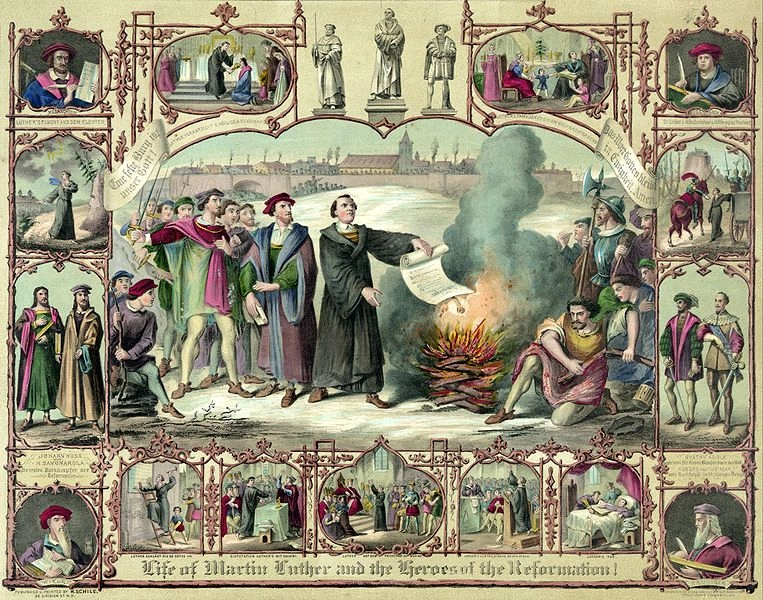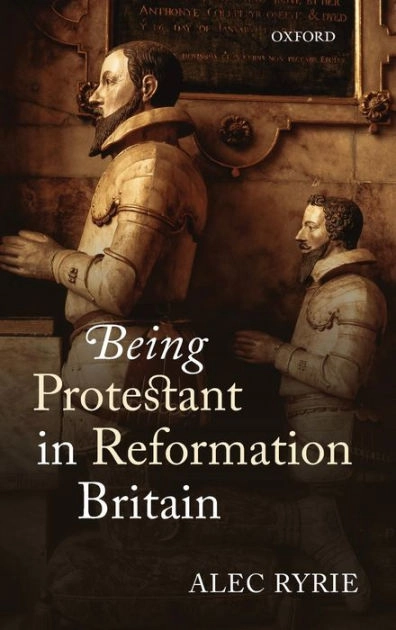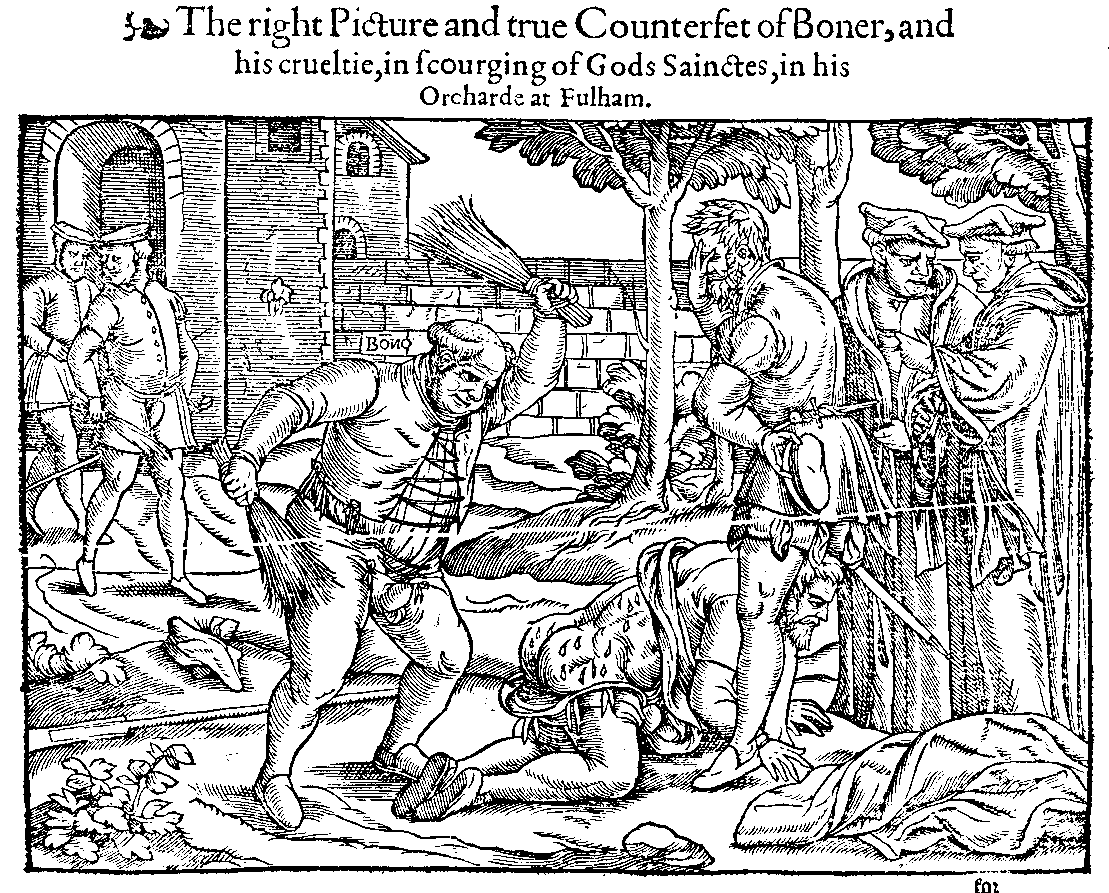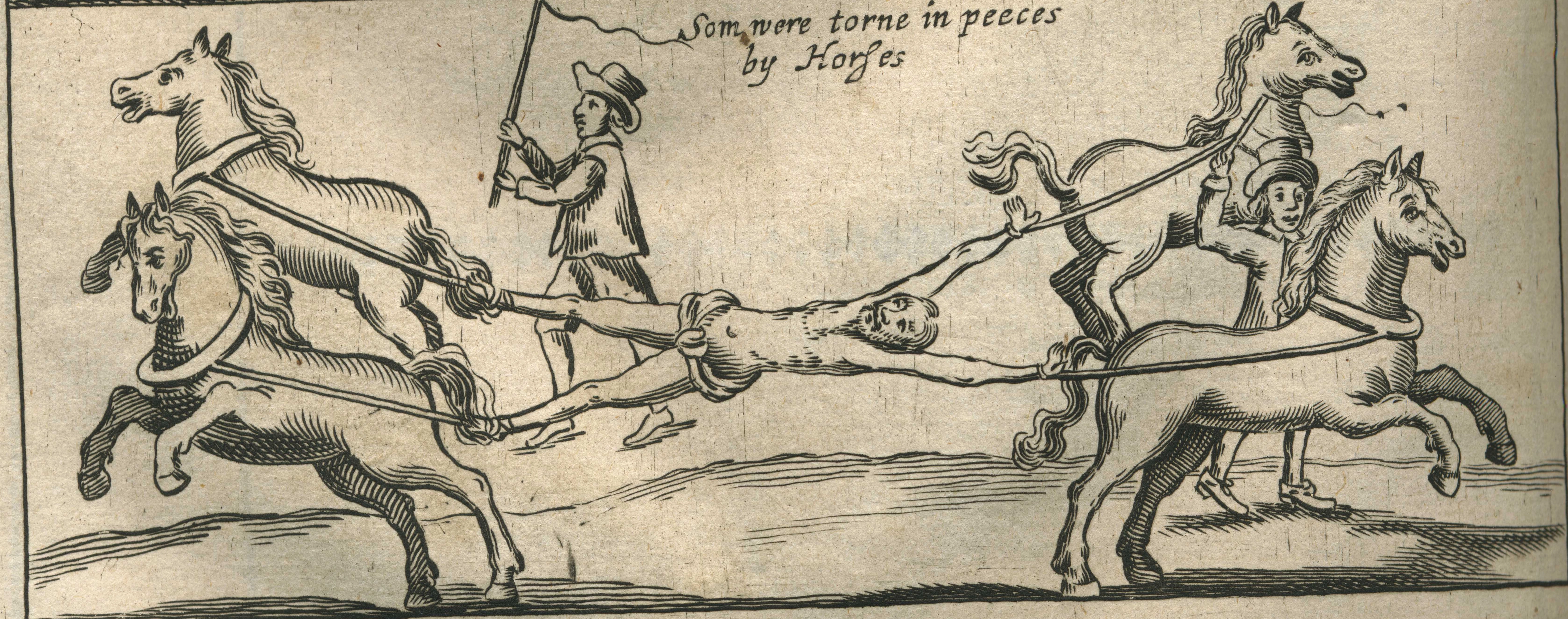All you ever wanted to know about the Reformation…
... in one 15-minute video!…
A 15th-century manuscript book of hours
Go straight to the scanned PDFs This week's book scan is a bit different from my usual fare. It's a manuscript, it's from the 15th century, it's not primarily related to suffering and - because of the limitations of OCR (optical character reader) software - it's not text-searchable. But if you have any interest in…
Protestant Polemic and the Japanese Martyrs
This is my first post for a while, partly because I've been focusing on other things, and partly because, when I did turn my attention in this direction and tried to post, the blog had disappeared! It took a while, but eventually I managed to sort out the problems and get it back, so here…
Early modern discourse communities: Catholics and Protestants
A discourse community can be defined as having six clear characteristics: 1. “A discourse community has a broadly agreed set of common public goals.” 2. “A discourse community has mechanisms of intercommunication among its members.” 3. “A discourse community uses its participatory mechanisms primarily to provide information and feedback.” 4. “A dis…

Protestant Reception of Catholic Literature
This is a PowerPoint presentation I made at the Reformation Studies Colloquium, Edmund Murray College, University of Cambridge, September 12th, 2014. It contains the gist of two recently-published papers, "The Protestant Reception of Catholic Devotional Literature in England to 1700" (Recusant History, Vol. 32, No. 1 (2014), pp. 67-89), and "Robert…
Alec Ryrie on Suffering among Early Modern Protestants
I am currently reading Alec Ryrie’s Being Protestant in Reformation Britain (Oxford University Press, 2013), which is one of the best books on the Reformation in Britain to come out this year, and perhaps this decade. Ryrie’s book aims to answer in relation to the early modern Protestant the question the little boy at the…

Homoeroticism in Foxe’s Book of Martyrs
Unlike Catholic suffering, which (at least in its monastic context, where penance went hand in hand with chastity) was frequently overtly linked with sexuality, Protestant suffering generally relates to sex only obliquely. Whereas, for example, Anthony of Padua’s biographer explicitly traces the saint’s determination to eradicate sexual desire by m…


